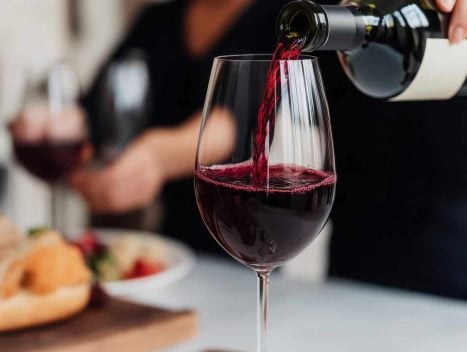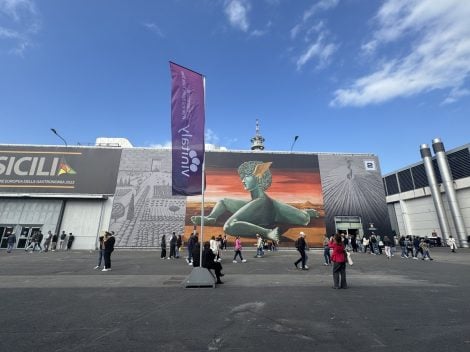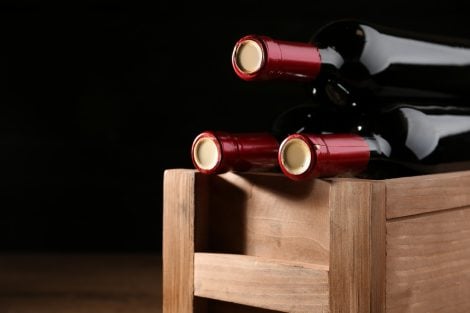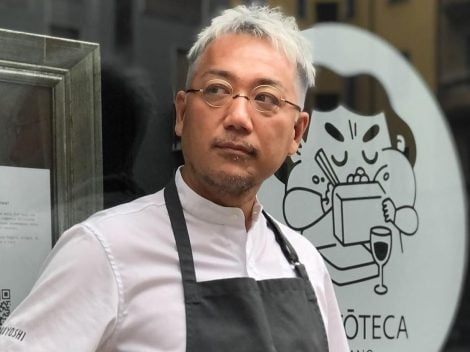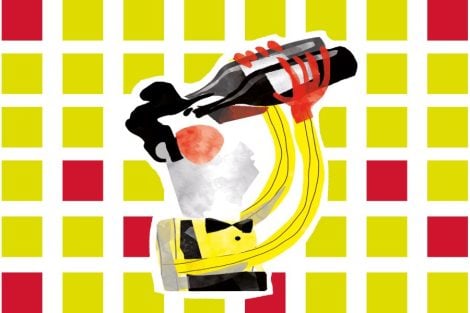"Tuba is starting to have a history of its own," says Barbara Kenny, who opened this bookstore-bar in November 2007 with Barbara Piccolo, thanks to a grant supporting female entrepreneurship. "All we knew was that we wanted to create a feminist social space that was easy to access, beautiful, welcoming, and street-level. Something that didn’t yet exist in Rome."
They launched their venture. "We were amateurs, taking a leap of faith." Despite their inexperience, Tuba slowly developed such a strong identity that it became a reference point for a diverse and dynamic network of women thinkers, far beyond what they had initially envisioned.
Books were their starting point, chosen as the ideal medium to foster social interaction. However, they also wanted to normalize discussions about sexuality, focusing on female desire and bodies. In the early 2000s, their aim was to flip the narrative, transforming women’s bodies from objects into subjects. Feminine erotic toys became part of this new storytelling, moving out of traditional sex shops into more relaxed environments, like living rooms where experiences and ideas could be freely exchanged. "We thought it was a fun challenge," Kenny recalls.
To evolve Tuba from a simple shop into a gathering space, something else was needed: a refreshment area. Their first location was tiny, with a small counter serving a few drinks – just enough to attract students specializing in gender studies, mothers’ groups, intellectuals, writers, activists, and feminists. This brought together a universe of women eager to meet and connect.
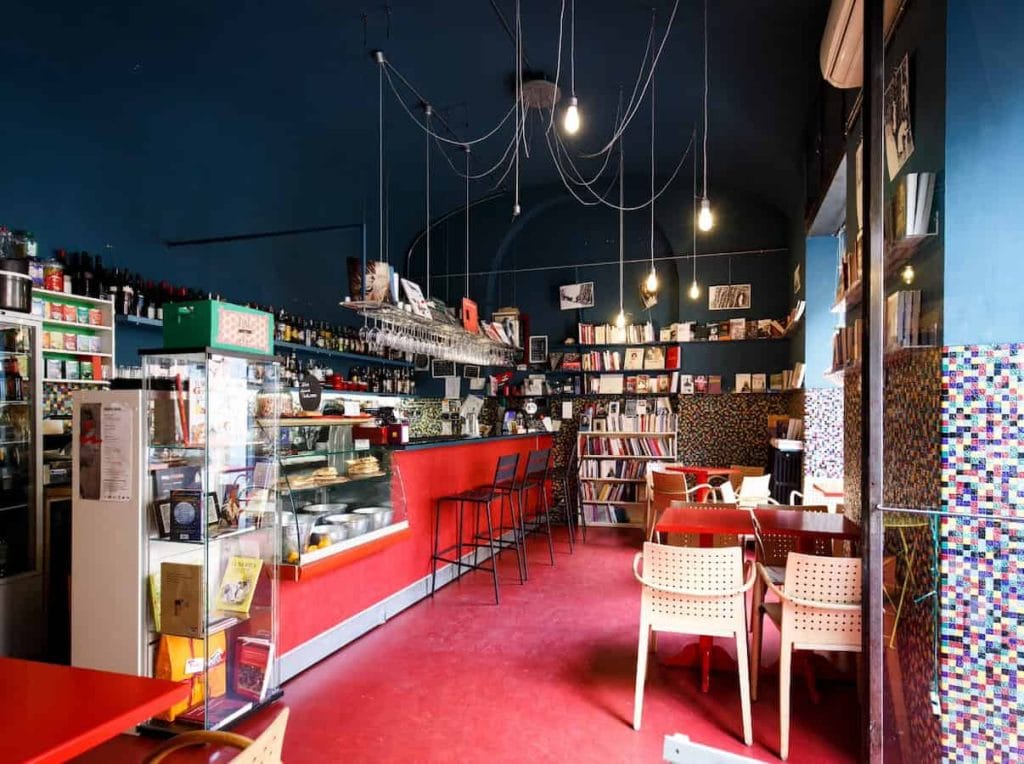
Challenges and rebirth
While inspiring, it wasn’t enough to make ends meet. "We were constantly on the brink of bankruptcy." They realized they needed to scale up. "The two of us couldn’t juggle everything in such a small space."
They expanded to a larger venue a few steps away, the former Ioselliani showroom, and became a team of five co-owners. They invested in the bar and professional services. "We needed a real bartender, so we approached Valeria Sebastiani with our hearts on our sleeves. We said: the new Tuba has an amazing bar counter; it’s like a Ferrari, but we don’t know how to drive it."
Valeria (who tragically passed away in an accident two years ago) helped them with targeted training on cocktails and wine, laying the foundation for today’s carefully curated offerings.
Product selection as a political act
While their book curation focuses on female authors and supports bibliodiversity through small publishers, the bar operates on a different principle: "We’re all part of a supply chain. Which one do we want to support?" They chose producers offering excellent quality at fair prices – ensuring Tuba remains accessible to everyone – with added ethical value.
Small wineries and artisanal producers that work with care and ethics align with Tuba’s mission. They also collaborate with local businesses, creating a neighborhood network. For example, baked goods come from Fattori, a local café and patisserie in Pigneto.
Open from morning, Tuba proudly identifies as a neighborhood bar. "Even so, you can make thoughtful choices." They source fresh ingredients from the nearby pedestrian market, providing fruits and vegetables for sandwiches (mainly vegan and vegetarian), juices, and cocktails.
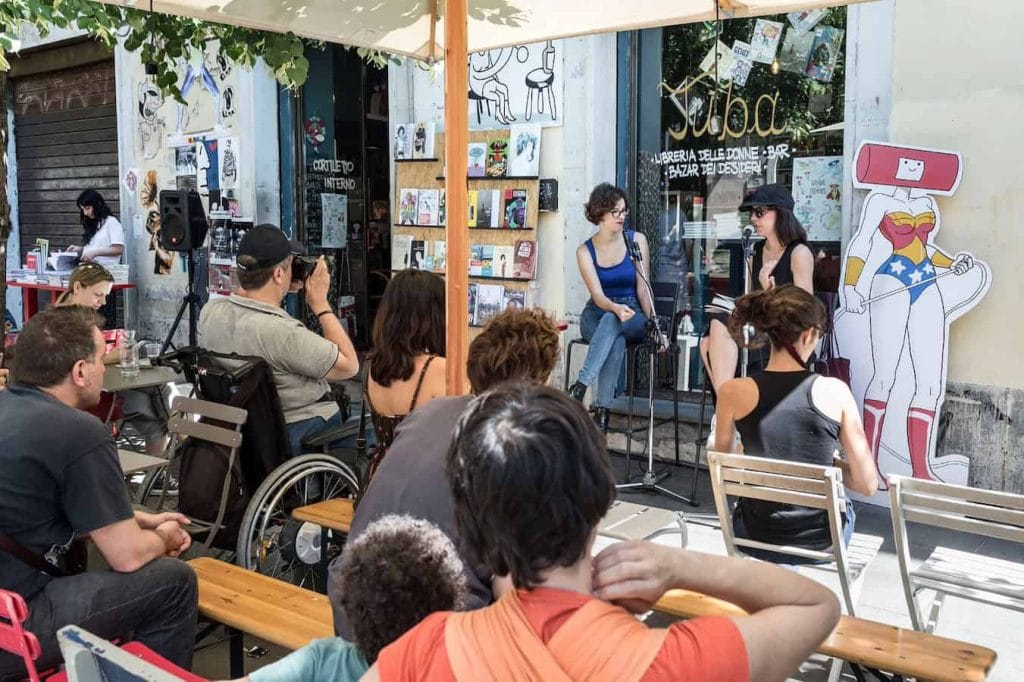
A safe, inclusive space
Tuba continues to grow: "Now we’re six co-owners, half of whom work on-site alongside four female employees." This all-female team sends a clear message: "If one in four women feels afraid to go out alone at night, it’s because public spaces aren’t welcoming – they’re almost always managed by men."
Tuba’s queer-friendly ethos ensures a comfortable environment for women. And men? "We’re not hostile to men. In fact, Tuba is where some of our straight members found their partners! Many men love it here because they feel at ease too."
However, it hasn’t always been smooth sailing. "There have been unpleasant situations, but they’re becoming rare. Even masculinity is evolving; many young men are considerate in ways earlier generations weren’t."
The bar industry often reinforces gender stereotypes. "At Pigneto, we see waitresses objectified as part of a venue’s allure. Customers sometimes address them disrespectfully. As a venue owner, you’re responsible for what happens inside your space – for what’s considered legitimate behavior."
At Tuba, inappropriate behavior isn’t tolerated. "We’re explicit about our boundaries. Harassing or disrespectful men aren’t welcome, and we remove them. In some cases, we’ve even been a refuge for women escaping violence."
Can a bar be different?
"Even selling alcohol carries responsibility," they explain. This means avoiding low-quality, dirt-cheap options and assessing customer behavior. "If someone’s had too much, you offer them water or coffee, check how they’re getting home and with whom, or even help them find a safer way back."
Since changing their closing time to midnight, they’ve seen fewer issues with overindulgence. The decision also stemmed from the challenge of balancing work with life outside – motherhood, for instance, doesn’t mix easily with shifts ending at 3 a.m.
Reducing hours and resting on Sundays also fosters a better work-life balance. "Customers notice when staff are unhappy or overworked. Places have a soul tied to the people who run them."
This shift matured during the COVID period, when heightened stress and exposure to emotional outbursts made late-night interactions particularly draining. "We realized that not hosting that late-night crowd reduced exhaustion."
Tuba reinvented itself to align with its team’s needs, creating a welcoming public space where everyone feels at ease. "It’s a beautiful, comfortable place where you can lower your guard, enjoy an evening with friends, and not have to stay constantly alert."
Tuba - Libreria Femminista - Roma - via del Pigneto, 39/a - 06 7039 9437 - https://www.libreriatuba.it/

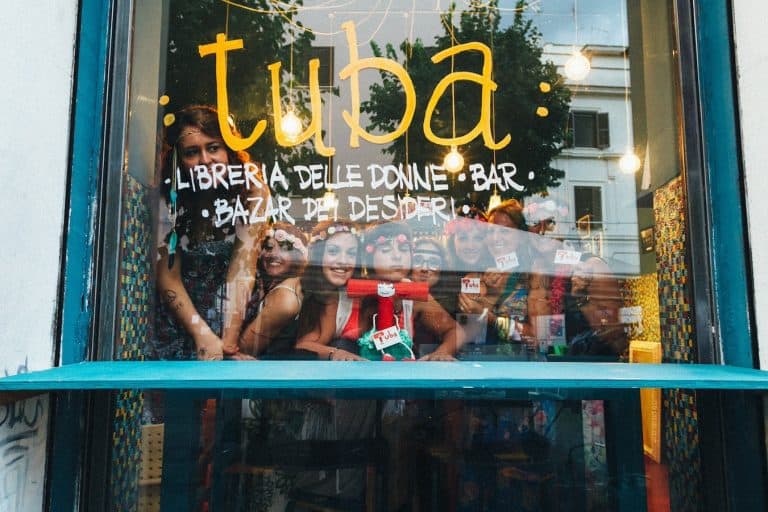
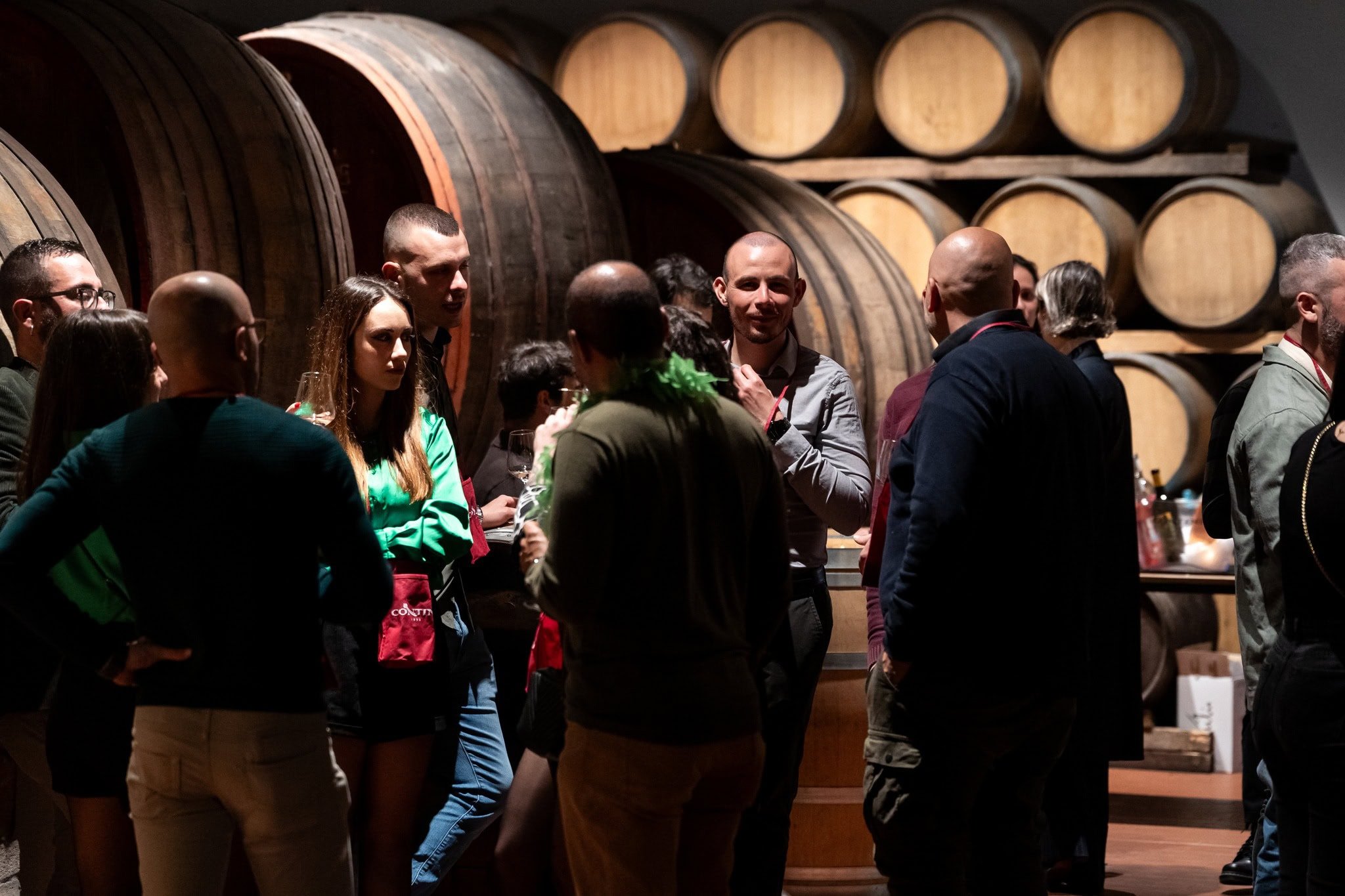 Here are ten Rare Wines you absolutely must try
Here are ten Rare Wines you absolutely must try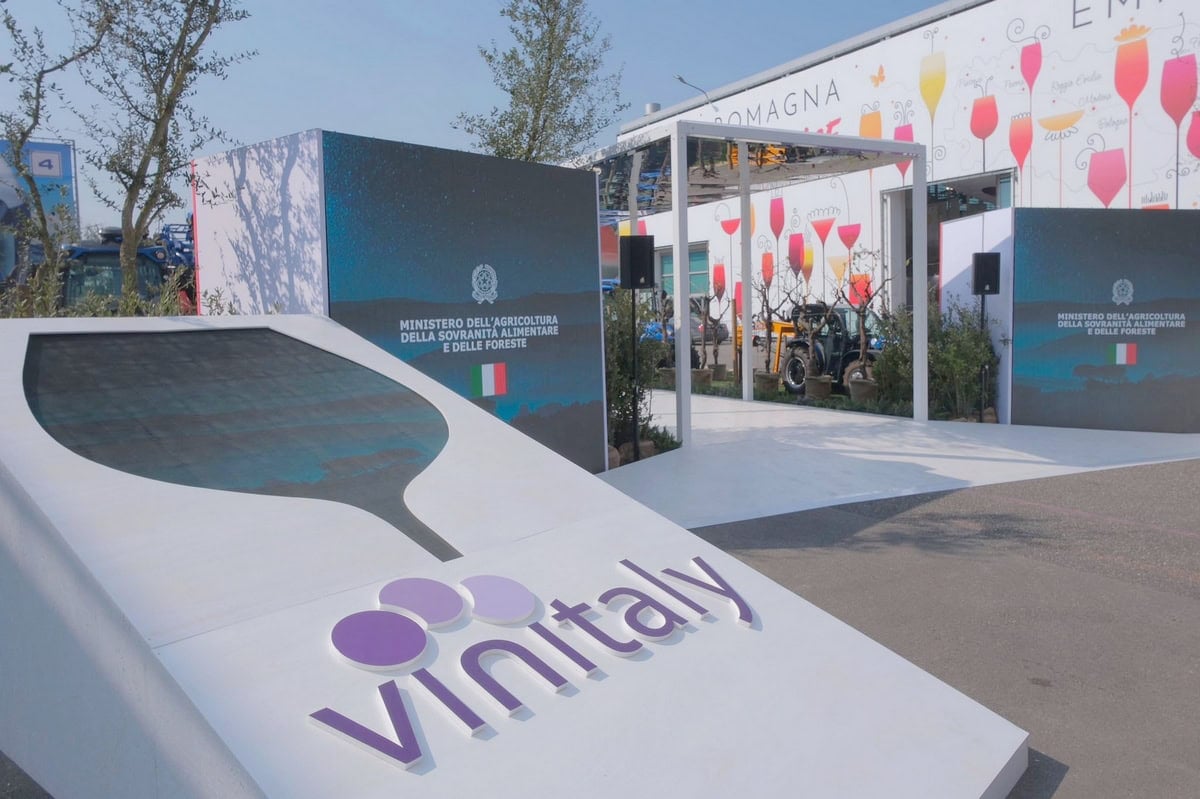 The “Tariff Vinitaly” closes with 97,000 attendees: one third from abroad. See you on 12 April 2026
The “Tariff Vinitaly” closes with 97,000 attendees: one third from abroad. See you on 12 April 2026 Trump “freezes” tariffs for 90 days. UIV: “Now work towards zero tariffs on wine too”
Trump “freezes” tariffs for 90 days. UIV: “Now work towards zero tariffs on wine too” Dealcoholised wines, everyone halt: production in Italy is blocked until 2026
Dealcoholised wines, everyone halt: production in Italy is blocked until 2026 Arianna Occhipinti surprises everyone and returns to Verona: "There are too many natural wine fairs, and they’re too scattered"
Arianna Occhipinti surprises everyone and returns to Verona: "There are too many natural wine fairs, and they’re too scattered"